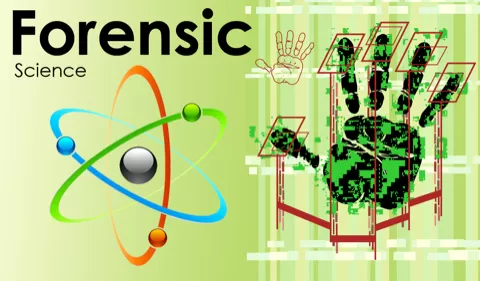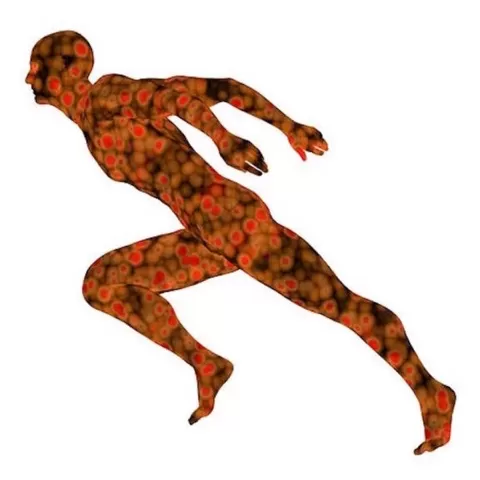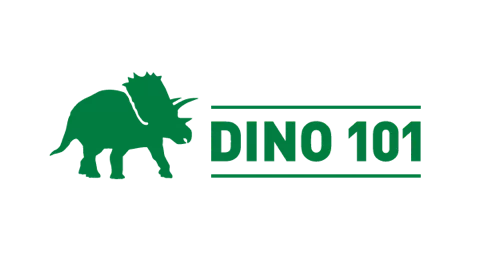We have all seen forensic scientists in TV shows, but how do they really work? What is the science behind their work?
The course aims to explain the scientific principles and techniques behind the work of forensic scientists and will be illustrated with numerous case studies from Singapore and around the world.
Some questions which we will attempt to address include:
How did forensics come about? What is the role of forensics in police work? Can these methods be used in non-criminal areas?
Blood. What is it? How can traces of blood be found and used in evidence?
Is DNA chemistry really so powerful?
What happens (biologically and chemically) if someone tries to poison me? What happens if I try to poison myself?
How can we tell how long someone has been dead? What if they have been dead for a really long time?
Can a little piece of a carpet fluff, or a single hair, convict someone?
Was Emperor Napoleon murdered by the perfidious British, or killed by his wallpaper?
*For Nanyang Technological University (NTU) students, please be noted that this course will no longer be eligible for credit transfer.




